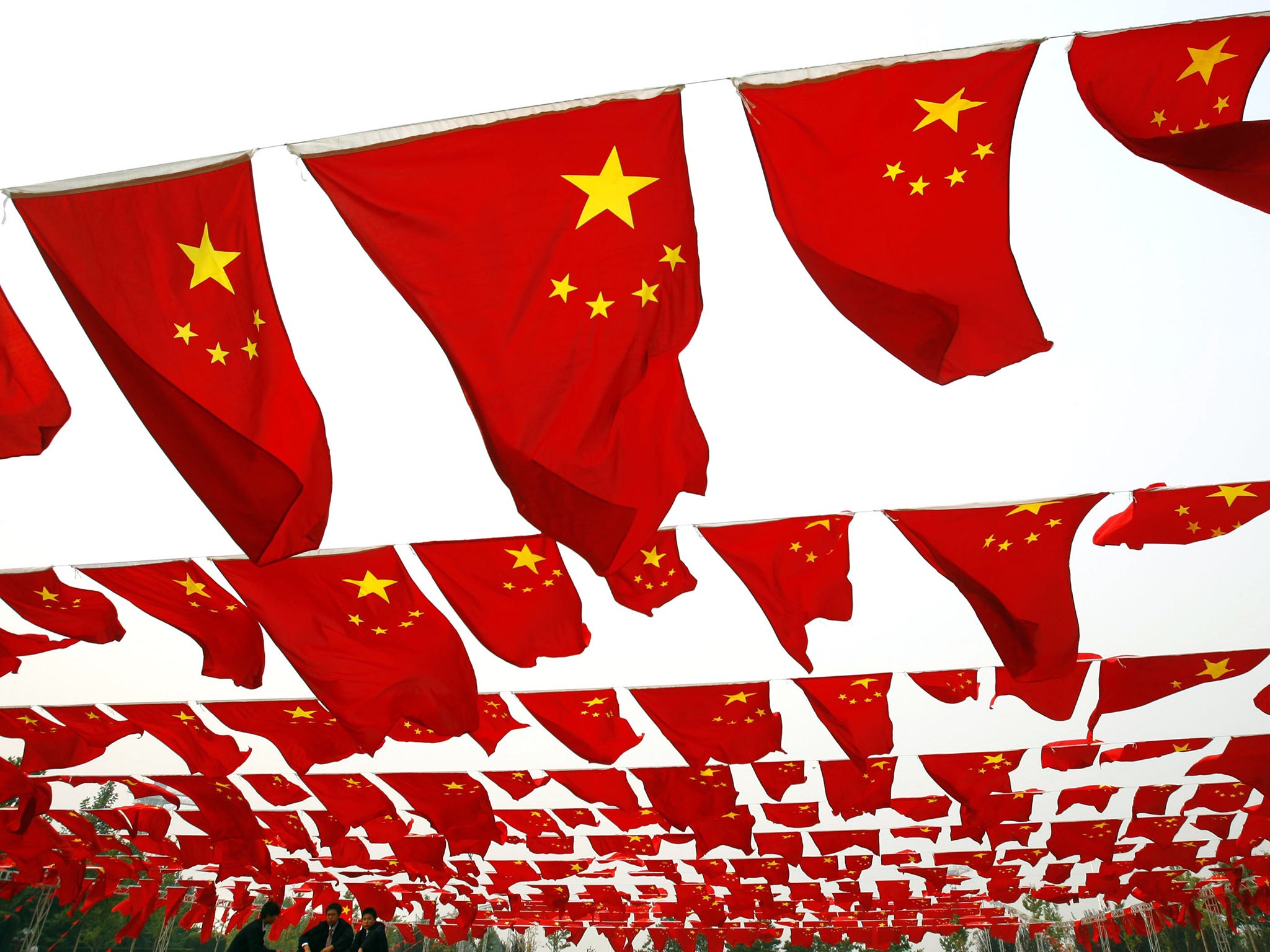China doesn't like April Fools' Day because it spreads too many rumours
But Beijing News has said: 'What's wrong with giving people a holiday to express themselves?'

China's government has warned its citizens to ignore "the so-called Western April Fool's Day" because it does not fit with the country's values.
The Xinhua News Agency, the state-controlled voicepiece for the country's Communist Party, said it hoped "rumours" would not be spread by people celebrating the first day of April.
"The so-called Western April Fool's Day does not conform to Chinese cultural traditions or socialist core values," it said in a brief message on its official microblog on Friday.
"Hope people won't believe in rumours, start rumours or spread rumours".
Along with the flagship newsaper the People's Daily and state broadcaster CCTV, Xinhua has been key in the party's campaign to rid China of "Western" cultural influences which it sees as challenging its political orthodoxy.

Those include human rights and political concepts including freedom of speech and separation of powers, with professors, soldiers and rank-and-file party members frequently told to keep their minds clean of such thoughts.
The fact that communism is itself an imported "Western" political concept has not been openly discussed.
Despite its admonition against jokes and pranks, Xinhua's statement gave rise to humour from ordinary Chinese who mocked it on the country's popular Weibo microblogging service.
The official Beijing News newspaper also took issue with Xinhua's kill-joy attitude: "What's wrong with giving people a holiday to express themselves, joke around and find some release?"
China's propaganda bosses have themselves been caught out by mock stories they have believed to be true.
Stories from the satirical website The Onion have been reported as fact in the Chinese press.
One famous example in 2012 saw The Onion's story about Kim Jong Un being voted the "sexiest man alive" appear on the People's Daily website alongside a photo spread of the North Korean dictator.
Associated Press
Join our commenting forum
Join thought-provoking conversations, follow other Independent readers and see their replies
Comments
Bookmark popover
Removed from bookmarks